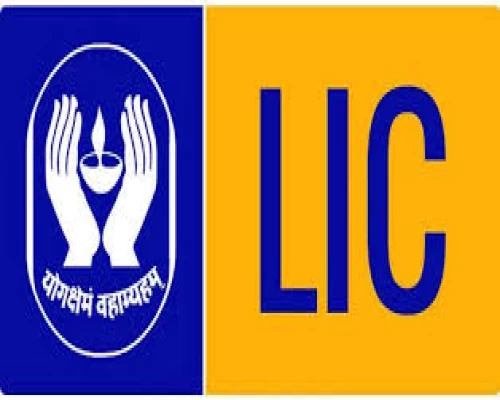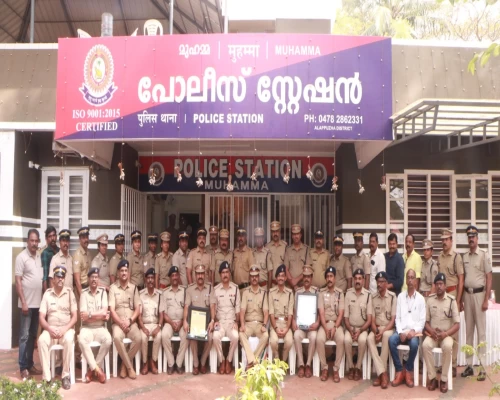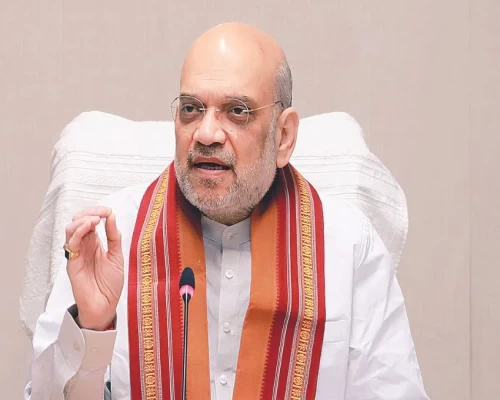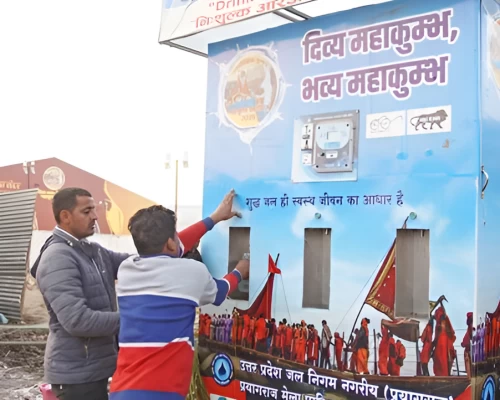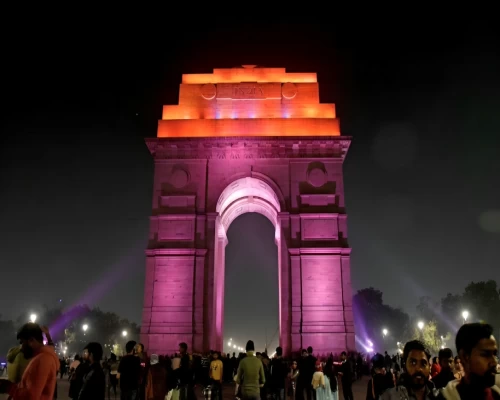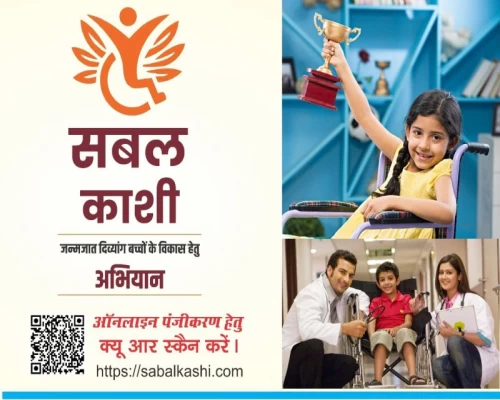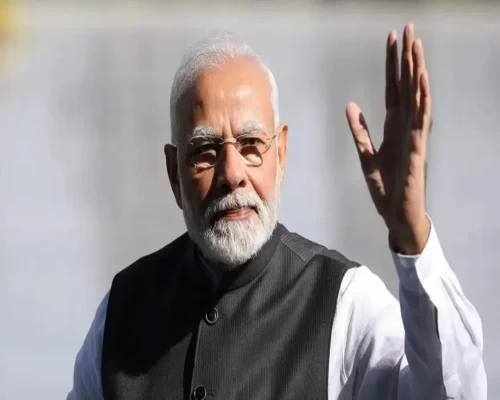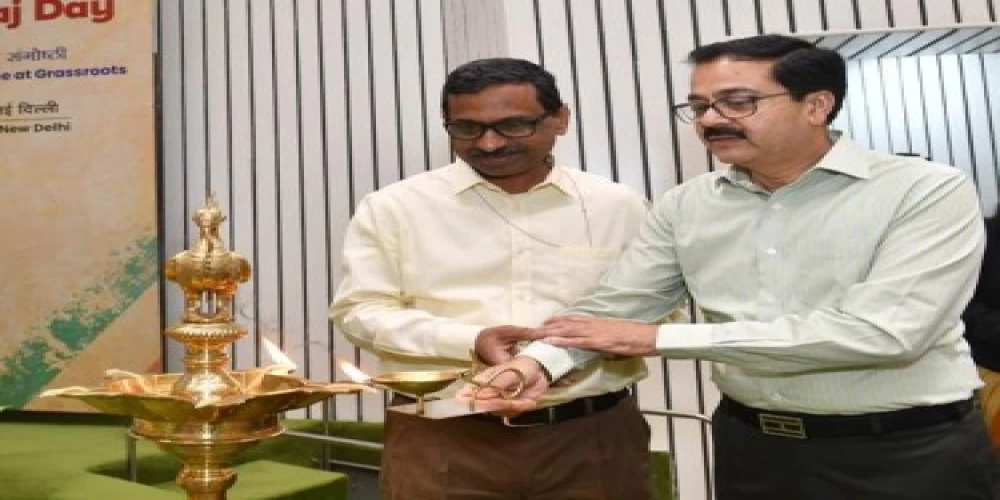
New Delhi: Secretary, Ministry of Panchayati Raj, Vivek Bharadwaj and Secretary, Department of Rural Development, Shailesh Kumar Singh inaugurated a National Colloquium on Wednesday on “Governance at the Grassroots after Three Decades of the 73rd Constitutional Amendment” at New Delhi to mark National Panchayati Raj Day.
In his address, Secretary, Ministry of Panchayati Raj, Vivek Bharadwaj emphasized India’s unique opportunity to showcase grassroots digital governance for citizen empowerment and sustainable development goal attainment. He envisioned Panchayats as engines of rural transformation. He lauded the contributions of over thirty lakh elected representatives of PRIs in transforming rural India, citing increased transparency in functioning of Panchayats and empowerment of rural citizens. “This is a time for reflection, resolve and reaffirmation to strengthen the Panchayati Raj system. The large number of elected women representatives in PRIs has paved the way for women-led development across rural India,” he added.
Vivek Bharadwaj underlined the Ministry’s commitment to creating strong, capable, and self-reliant Panchayats, leveraging the experiences of three decades. He stressed the importance of adequate and competent manpower at the Panchayat level, along with a self-driven approach to augment Own Source of Revenue (OSR).
Secretary, Ministry of Rural Development Shailesh Kumar Singh highlighted the convergence of development interventions and digital initiatives at the Panchayat level to strengthen local self-governance.
“Panchayats have a very visible and vibrant space in the governance spectrum catering to rural areas, and the journey traversed has been very eventful and fruitful,” said Additional Secretary, MoPR Dr. Chandra Shekhar Kumar. Dr. Kumar shared a detailed roadmap for all-round development of Panchayats through interventions and improvements in the areas of local self-governance.
Technical Sessions chaired by Former Secretary, Ministry of Rural Development Amarjeet Sinha and Former Secretary, Ministry of Panchayati Raj Sunil Kumar addressed challenges and opportunities for PRIs in ensuring effective public service delivery, and the evolution of principles of good governance at the grassroots, respectively. Amarjeet Sinha illustrated on the challenges and opportunities before PRIs in ensuring effective public service delivery, while Sunil Kumar emphasized the importance of empowering Panchayats while discussing the evolution of good governance principles at the grassroots level.
Distinguished speakers, whose insights enriched the proceedings, contributing to meaningful discussions on local self-governance and development, included Dr. G. Narendra Kumar, DG, NIRD&PR, Uma Mahadevan, Additional Chief Secretary (Panchayati Raj), Government of Karnataka, Alok Prem Nagar, Joint Secretary, MoPR, Dr. Sharmila Mary Joseph, Principal Secretary (LSGD), Government of Kerala, Sanket S. Bhondve, Joint Secretary, MeitY, Dr. Joy Elamon, DG, KILA, Dr. C. S. Pran, Teesri Sarkar, Sarbani Bose, representative of PRADAN, Hyun Hee Ban, Chief of Social Policy, UNICEF, Jaydeep Biswas, Chief, Policy and Partnership, UNFPA and Anish Kumar of TRIF.
Key stakeholders including officials from Central and State Governments, NIRD&PR, SIRD&PRs, Experts, Academics, UN/ Multilateral organizations, and civil society organizations gathered to deliberate on leveraging digital technologies for rural governance transformation. Discussions centered on assessing the impact of Panchayati Raj Institutions (PRIs) and converging Digital/ e-Governance initiatives.
This event organised by the Ministry of Panchayati Raj commemorated the enactment of the Constitution (73rd Amendment) Act, 1992, that bestowed constitutional status upon Panchayati Raj Institutions. The colloquium featured insightful contributions from various panellists. Participants discussed principles of good rural governance, strengthening PRIs for efficient last-mile delivery, and the Ministry’s vision of ‘Smart Panchayats.’ Highlighted were initiatives for digital capacity building, enhancing transparency, and institutionalizing e-governance at the Gram Panchayat level.
The National Colloquium on Grassroots Governance that saw participation from around 300 representatives from different parts of the country, highlighted the Ministry’s priorities including strengthening PRIs through capacity building, strengthening grassroots governance through digital empowerment of PRIs, ensuring functional Panchayat infrastructure, and facilitating adequate human resources.
Deliberations emphasized the central role of over 2.50 lakh Gram Panchayats in advancing rural citizens’ ease of living and ease of doing business. As India commemorates National Panchayati Raj Day today, the Ministry remains committed to catalyzing a digitally-empowered grassroots governance ecosystem through policy initiatives and strategic partnerships.
On this occasion, an engaging photo exhibition on ‘India’s Heritage’ showcased the cultural richness of rural India, aiming to stimulate discussions on utilizing heritage for revenue generation and development of Gram Panchayats. /BI



